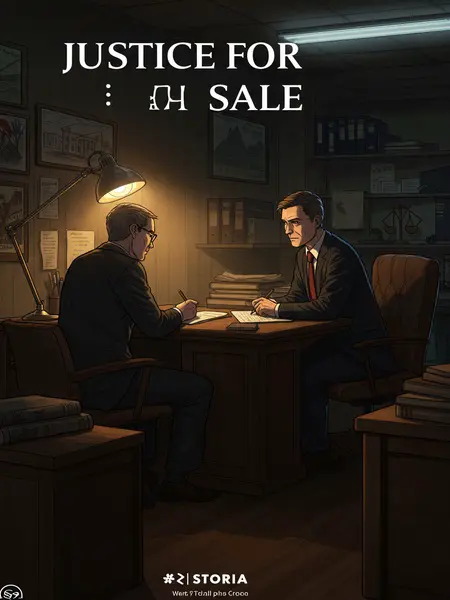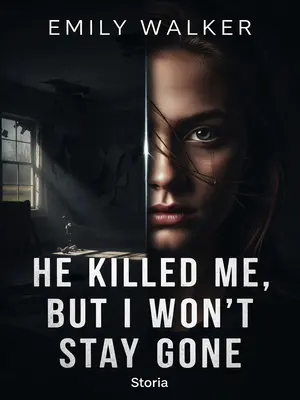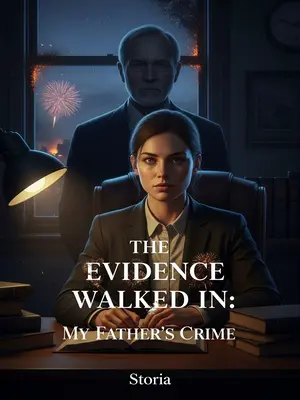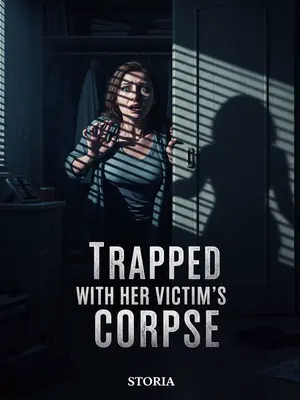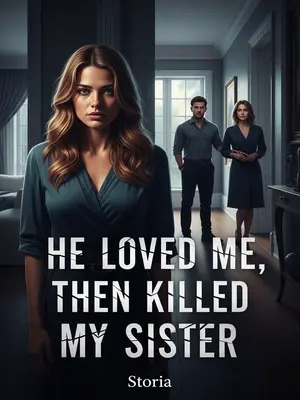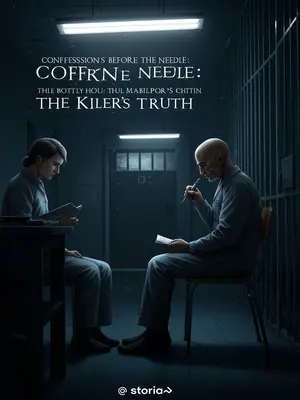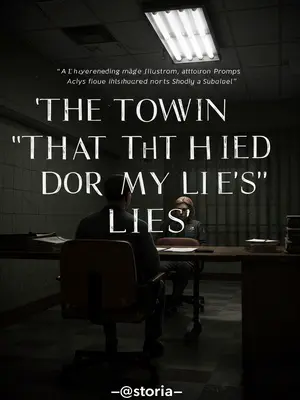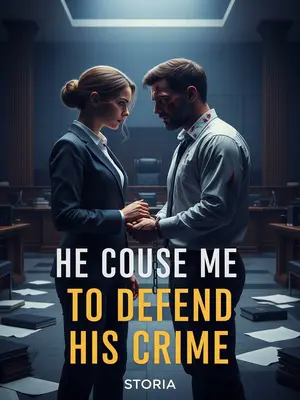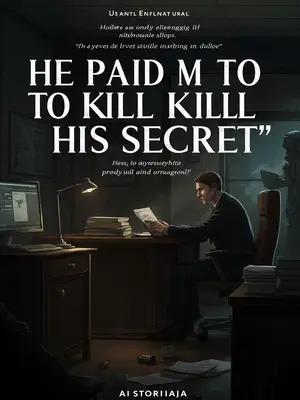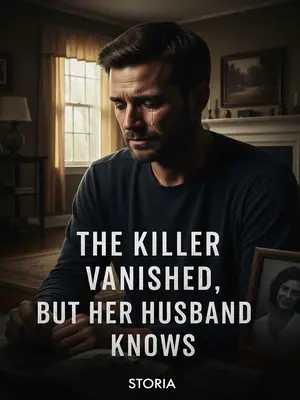Chapter 5: The Price of Silence
When court resumed, I sentenced Tyler to life with the possibility of parole. Everyone breathed a sigh of relief.
The courtroom exhaled as one, the tension broken. The judge banged his gavel, and the crowd shuffled to their feet. It was over—or so we thought.
Tyler was even overjoyed, unable to contain himself. “Thank you!”
He grinned, eyes wide with disbelief, as if he’d just won the lottery. His lawyer clapped him on the back. The bailiff rolled his eyes and led Tyler away.
I wished I could find a hole to crawl into.
My hands shook as I gathered my papers. I couldn’t meet anyone’s eyes. The ceiling lights felt hot and harsh.
A few days later, an unexpected visitor came to the courthouse.
It was a gray, rainy afternoon. The parking lot was empty except for a battered pickup truck parked by the curb. I didn’t recognize the man at first—he stood out, tall and rigid, like a lone tree battered by the wind.
Natalie’s father, Frank Pierce.
He wore an old work jacket, the sleeves stained with oil. In his hands, he clutched a framed photo of Natalie, her smile bright and hopeful.
He held his daughter’s portrait, knelt at the courthouse gates, and unfurled a white bedsheet behind him, the words—written in what looked like blood—stark against the fabric: “I earnestly request the court to sentence the murderer to death.”
The sight stopped me cold. The white sheet fluttered in the breeze, the message raw and haunting. The blood had dried into rusty streaks. People driving by slowed down, staring.
A crowd gathered, taking photos with their phones. The leadership, afraid of bad publicity, had the bailiffs use loudspeakers to disperse the crowd several times.
Within minutes, photos hit Twitter and Facebook. News vans pulled up, reporters jostling for position. The bailiffs barked orders through their megaphones, trying to keep things under control.
The bystanders didn’t want trouble and left, but Frank refused to go.
He stayed, unmoving, despite the drizzle. His knees pressed into the wet concrete. He didn’t care who watched.
So the leadership called me over. “You made this mess; you clean it up. If this goes viral, you’ll see how I deal with you.”
Their words were sharp, cold. I could feel their eyes on my back as I pulled on my jacket and braced myself for the confrontation.
I had no choice but to put on my coat and drag my tired legs out to see Frank. I identified myself, and he immediately dropped to his knees.
His height surprised me—he was a giant of a man, but he looked so small kneeling in the rain. I tried to help him up, but he wouldn’t budge.
“Sir, I dreamed of my daughter again last night. She said she died too tragically and can’t rest in peace. Please, you must get justice for her.”
His voice cracked, the words soaked in grief. I felt the eyes of the crowd burning into me. For a moment, I wished I could give him the answer he wanted.
Frank was very tall, nearly 6’3”. Maybe because of his work, his hands were rough and covered in burn scars.
He gripped the photo so tightly his knuckles turned white. The scars on his hands told a story of hard labor and long hours. I couldn’t imagine the strength it took to keep going after losing his only child.
But such a tough man actually cried.
Tears streaked down his cheeks, cutting through the grime and leaving clean trails on his face. I looked away, ashamed of my own helplessness.
I sighed and recited the lines I’d used countless times.
The words came out flat, memorized: “There’s nothing I can do, sir. I’m sorry.”
“Kneeling here to beg me is useless. What you need to do is hire a lawyer and go through legal procedures. I can’t help you; only the law can help you.”
Even as I said it, I could hear how hollow it sounded. The law felt like a distant, indifferent machine, grinding up people like Frank and spitting them out.
My face burned as I said this. I sounded like every soulless bureaucrat I ever swore I’d never become.
I knew all too well that the law couldn’t help this poor man.
I watched him for a moment, head bowed in defeat, before turning and trudging back inside. The rain washed over me, but it couldn’t cleanse the guilt.
